Wisconsin judge hearing Act 10 lawsuit appears to have signed the Walker recall petition in 2011
Dane County Circuit Court Judge Jacob Frost, who is presiding over a new lawsuit challenging the status of Act 10, appears to have signed a 2011 petition to recall then-Gov. Scott Walker.
Associated Press
May 29, 2024
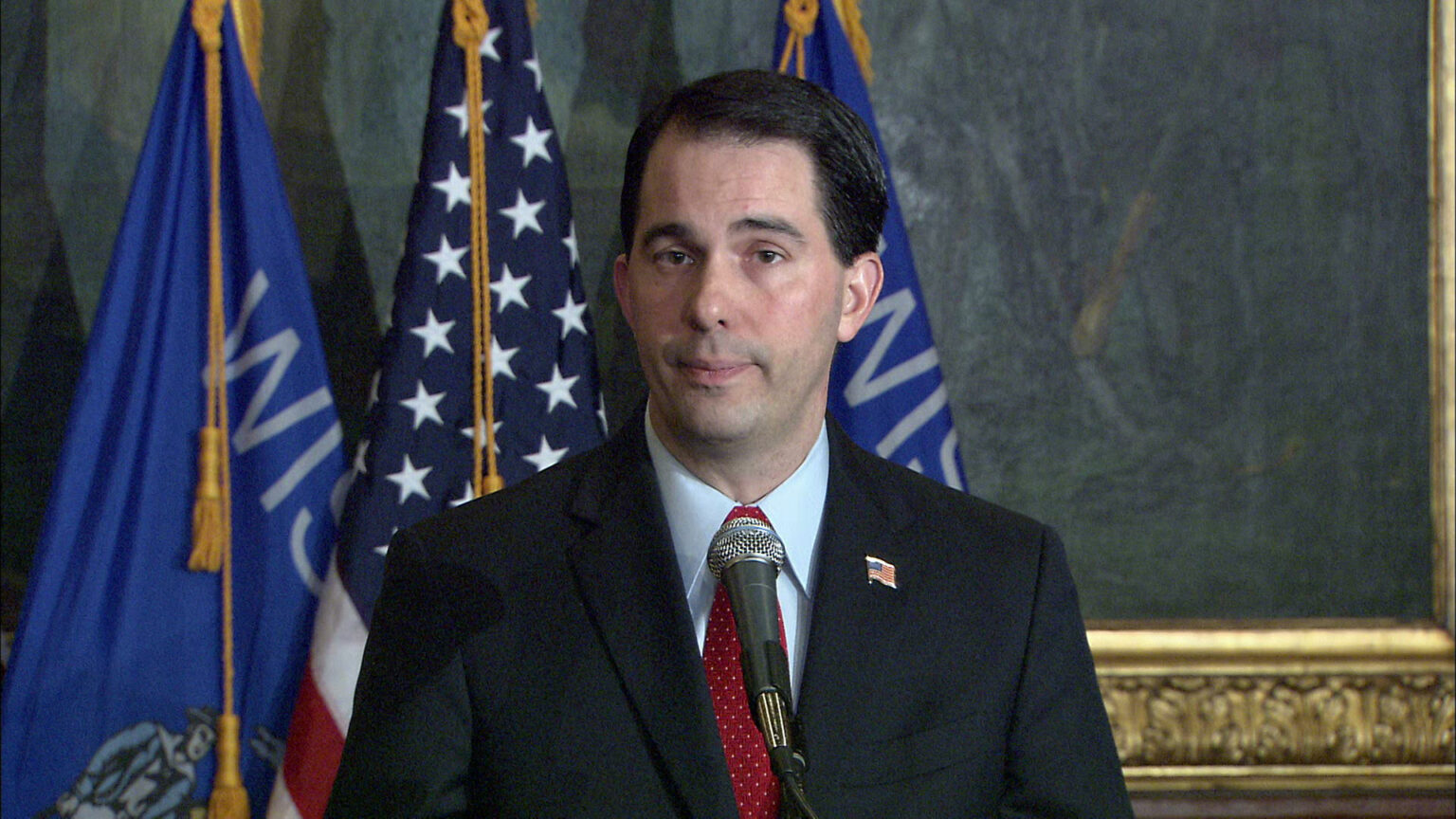
A 2011 petition to recall then-Gov. Scott Walker was found to include the name of Dane County Judge Jacob Frost, who had just finished law school and was not a judge at the time. (Credit: PBS Wisconsin)

MADISON, Wis. (AP) — A judge overseeing a challenge brought by unions trying to undo Wisconsin’s law that bans nearly all collective bargaining for public workers appears to have signed a 2011 petition to recall then-Gov. Scott Walker from office because of anger over that law.
Dane County Circuit Judge Jacob Frost’s name and signature appears on the petition matching an address where he lived at the time, according to property records. His name is just above that of his now-wife. Conservative WISN-AM radio show host Dan O’Donnell first reported on the signature late on May 28.
Frost was appointed to the bench in 2020 by Democratic Gov. Tony Evers. Evers defeated Walker in 2018. In 2011, at the time of the recall petition, Frost was working as a private practice attorney after graduating law school in 2010.
Frost was in court on May 29 and did not immediately respond to a message left at his office.
Frost presided over a hearing on the afternoon of May 28 in response to a motion filed by the Republican-controlled Legislature seeking to dismiss the lawsuit. He said he would issue a decision in the coming weeks.
Walker’s tenure as governor was largely defined by the passage of the law that became known as Act 10 in 2011. It effectively ended collective bargaining for nearly all public employees.
Anger over the law led to a effort to recall Walker from office. Enough signatures were gathered to force a 2012 recall election, which Walker won. He then used that victory and his fight with unions to mount a failed bid for the Republican presidential nomination in 2016.
Evers, who was the state education secretary in 2011, also signed the recall petition. He told reporters on May 29 that Frost shouldn’t recuse himself from the case because he signed the petition.
“Recusal is kind of a death knell of the judiciary,” Evers said. “Let’s just let it play out. Everybody has to take a deep breath and just kind of let the system work the way it’s supposed to work.”
More than two dozen Wisconsin judges signed the recall petition, based on a review at the time by Gannett Wisconsin Media. The judges who signed it said their actions were constitutionally protected and were not banned by the Wisconsin Code of Judicial Conduct.
The code does not specifically mention recall petitions, but it does say that judges cannot participate in activities of a political party or candidate and should avoid “the appearance of impropriety.”
There is precedent for a judge who signed the petition hearing a lawsuit related to a Walker-backed law.
Then-Dane County Judge David Flanagan, who signed the petition, faced criticism for not disclosing his support of the recall before he issued a temporary restraining order against a Walker-backed voter ID law. The Wisconsin Republican Party filed a complaint with the state Judicial Commission, arguing that Flanagan should have revealed that he signed the petition.
Wisconsin Supreme Court Justice Janet Protasiewicz, whose 2023 win tilted majority control of the seven-person court in favor of liberals, also signed the recall petition. She said during the campaign that she believes Act 10 is unconstitutional and that she would consider recusing herself from any case challenging it.
The case Frost is presiding over is likely to make it to the state Supreme Court.
Unions argue in the lawsuit that the law unconstitutionally exempts firefighters and other law enforcement agencies but still applies to nearly all other public employees.
Attorneys for the suing unions and the Legislature did not reply to messages on May 29 seeking comment about Frost’s apparent petition signature.
 Passport
Passport




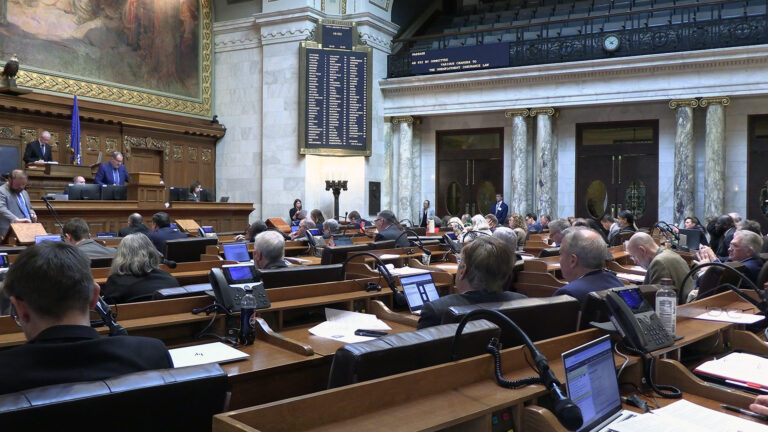

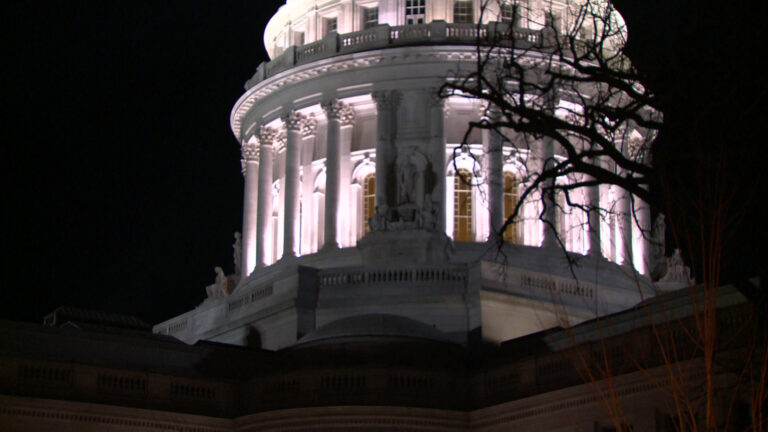
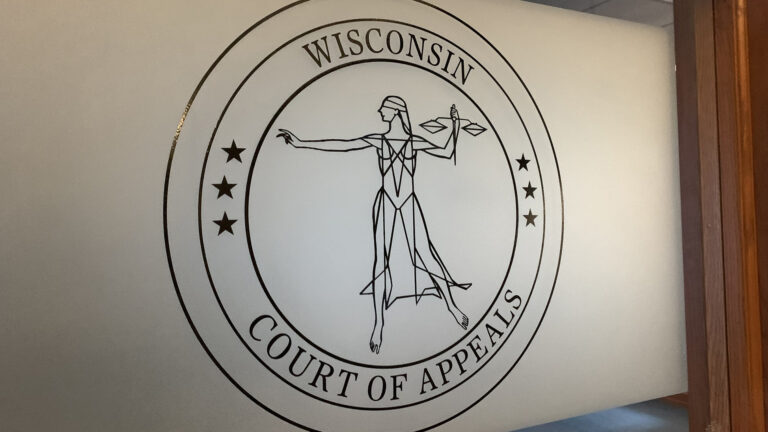
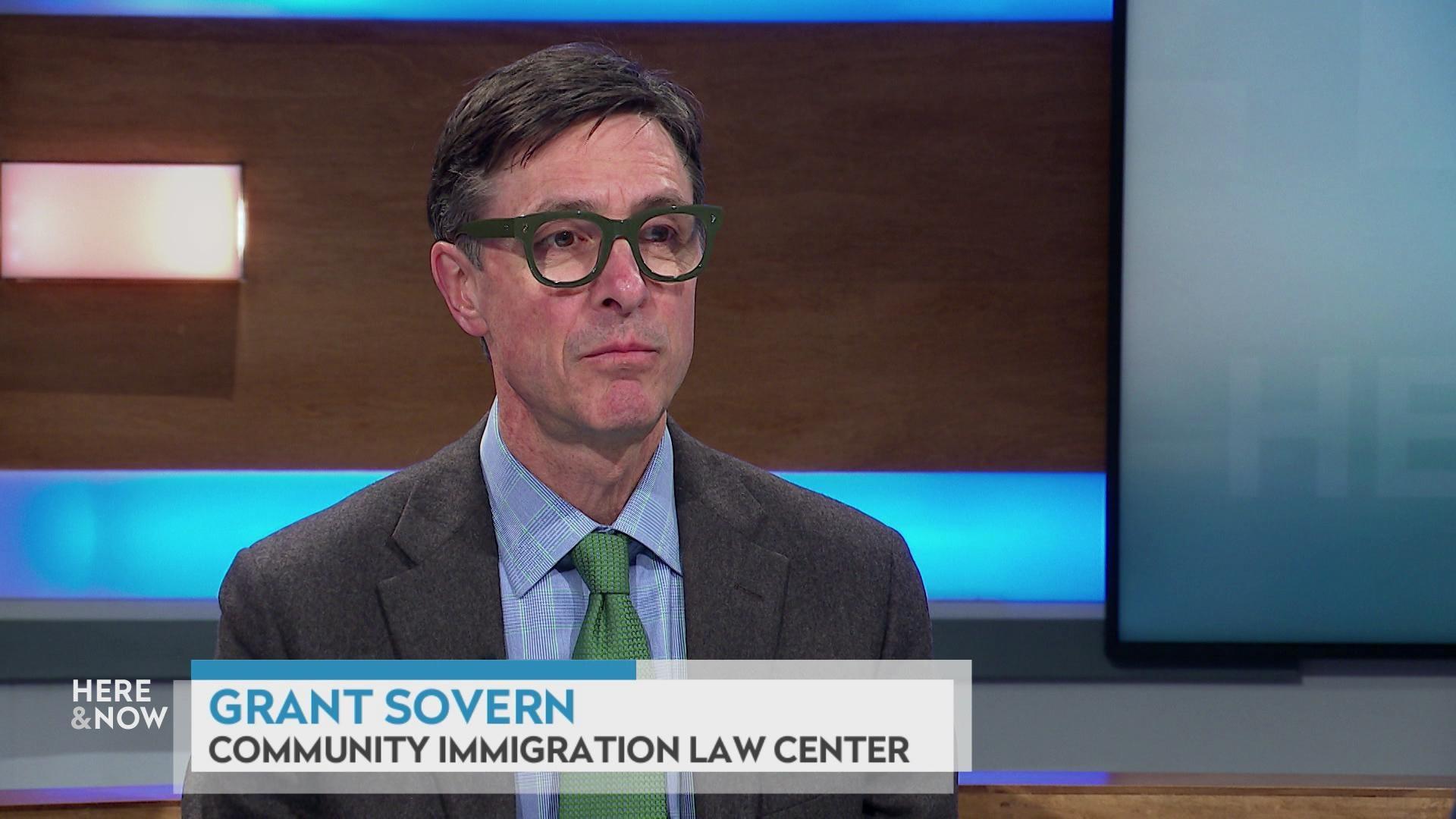
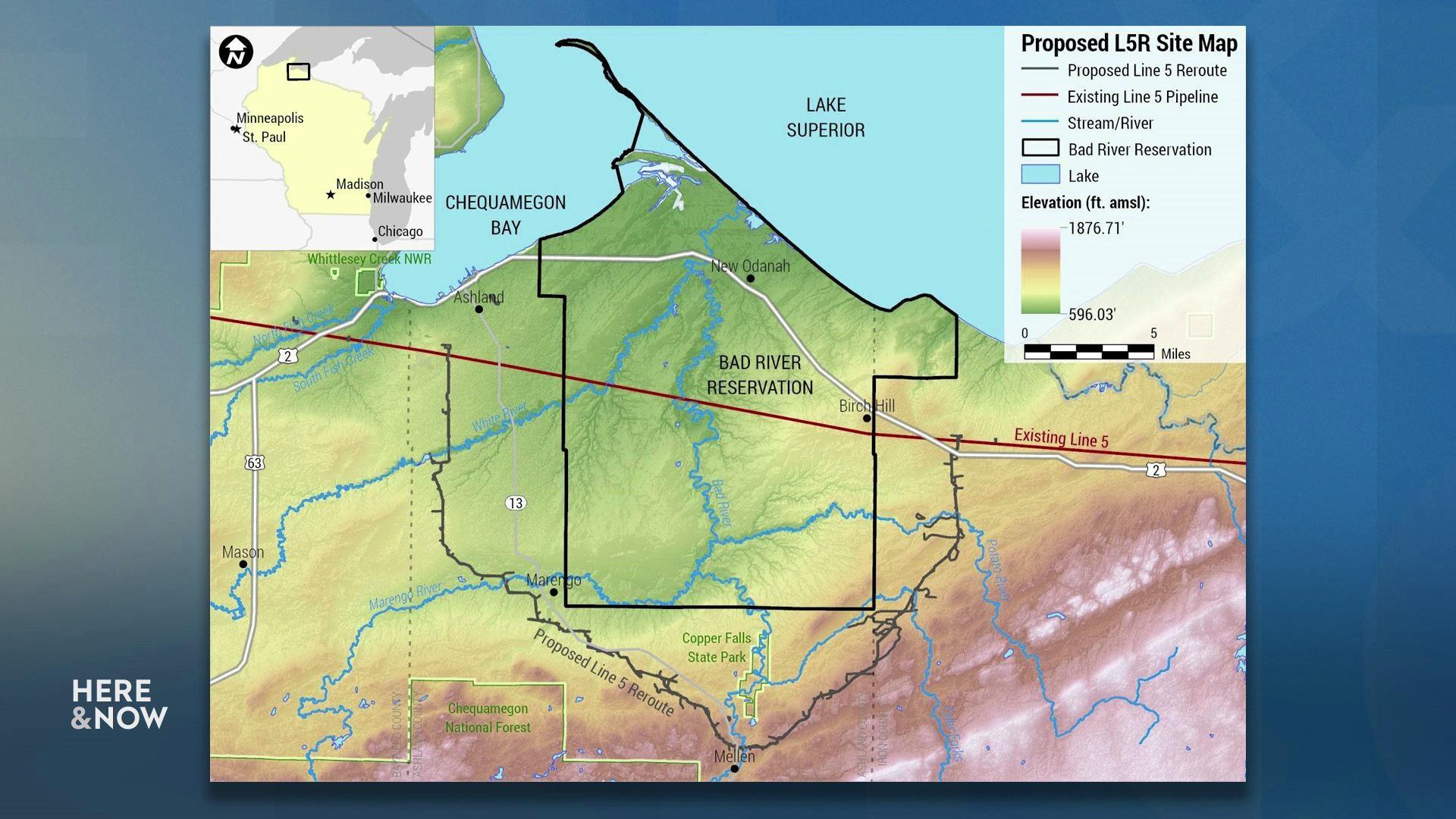

Follow Us